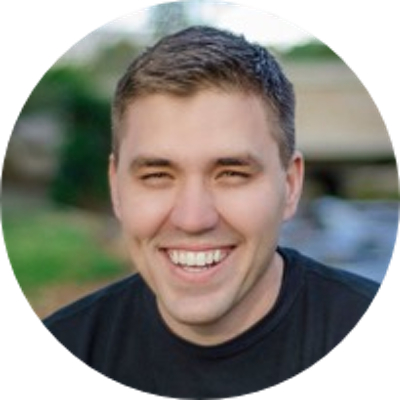Name: Cecily Garber
Age: 33
College & Majors/Minors: BA in Comparative Literature (English and Italian), MA in National and International Literatures in English, and PhD in English
Current Location: Washington, DC
Current Form of Employment: Communications officer
Where do you work and what is your current position?
I work for a higher-education nonprofit association, the Council of Independent Colleges, which supports small liberal arts colleges. My (rather vague) job title is communications officer and American Council of Learned Societies public fellow. I work on a public information campaign to promote liberal arts education and liberal arts colleges. This means I comb the media for relevant articles, videos, and conversations, run a Twitter feed and Facebook page, update two websites, and collect and edit written and video testimonials. With several other coworkers, I am helping plan two conferences for about 250 people. I’m also part of the publishing process for other workplace documents; I draft, revise, copyedit, and proofread marketing materials, letters to college administrators, newsletter articles, etc.
Tell us about how you found your first job, and how you found your current job (if different).
Right after college, my primary goal was to travel, so my job search process was haphazard—destination generally came first and the job second. During my senior spring, someone sent the Italian department at my college an email advertising an au pair position in Rome, Italy. I’d studied Italian literature in addition to English, and I wanted to learn the language and culture better, so I worked in Rome for a few months.
Then a friend in New York City needed a roommate, and I’d always been curious about the place, so I moved there and worked a number of part-time jobs in bookstores, publishing, and teaching. These positions I found through job ads, and I thought of them as temporary, just something to keep me afloat (barely!). I explored the city and plotted my next move.
The following fall, I took off to Europe again, working in a bookshop while completing my master’s degree, and then teaching English to college students and adults in Poland (it paid well for the area, and I was able to travel throughout Eastern Europe). When I wanted to return to the States, I took a job teaching 6th and 7th grade English in a Tucson, Arizona charter school. The job in Poland I found through Dave’s ESL Café website—not sure it it’s still around—and I learned about the Tucson job through an ad on a college alumni list-serv. I remember responding to a number of job ads posted on bigger boards, but those efforts were fruitless.
I wasn’t crazy about teaching younger kids, but I thought I’d like teaching college-level better, so I went back to school to do my PhD in English. I taught a lot as a grad student and still didn’t feel called to the profession, so I began trying other things. One summer I worked at the university press in town, which gave me some great experience. I volunteered for local public media and the community radio station and loved the communications work. I worked at the writing center, which I also liked better than teaching.
I eventually determined that I wanted to find full-time work in communications after graduating, and so in the last year of my degree, I looked for jobs and volunteer positions on campus that I thought would help build my resume. I ran social media for my student association, I wrote and edited the writing center’s newsletter, I started freelance writing a bit, and I produced short podcasts for the college of liberal arts and sciences. I did this in addition to working as a communications teaching assistant for the accountancy department and serving as a writing tutor. The last two jobs paid most of my bills, whereas the others paid little or nothing but were good experience.
It was a lot to take on while finishing up my degree, but it did help me secure my current position. In the first interview for my current job, I was asked if I’d used Adobe InDesign. I had used it to design the writing center’s newsletter (tutorials on Lynda.com taught me the basics, and I recommend that site for learning software, applications, etc.; it was free to use at my university). I was asked if I’d edited multimedia and run social media channels, and I’d done both those things—on a smaller scale, but having some experience made all the difference, I think. I also had writing samples from the freelance work I’d done. My years of reading English literature and writing criticism gave me excellent communications skills—and people skills too, I think. I just needed to add some technical skills and build a portfolio to make myself marketable.
I actually found my current position through the American Council of Learned Societies (ACLS), which is an organization that mostly awards grants to professors and graduate students to do humanities research. Four years ago, ACLS started a “public fellows” program, which places recent humanities PhDs in nonprofit and government jobs to show the versatility of humanities grads’ skillsets—much like what Dear English Major is doing, but of course in a different way. In addition to the fellowship, I also applied for other jobs, and got a few bites—i.e., interviews—so I think the part-time experience paid off.
What was another writing-related job that was important in your career?
Although I’m not working in publishing now, working at different publishers (part-time or full time over the summer) in the past helped me build valuable skills, like copyediting, and familiarity with software, such as Adobe Acrobat and email marketing software, that are important in my current job and will help me in future ones, I think. I like the communications work I’m doing now better than publishing because communications is faster paced (at least in my experience), but I don’t think I’d be as detail-oriented or as knowledgeable without the publishing experience.















































































